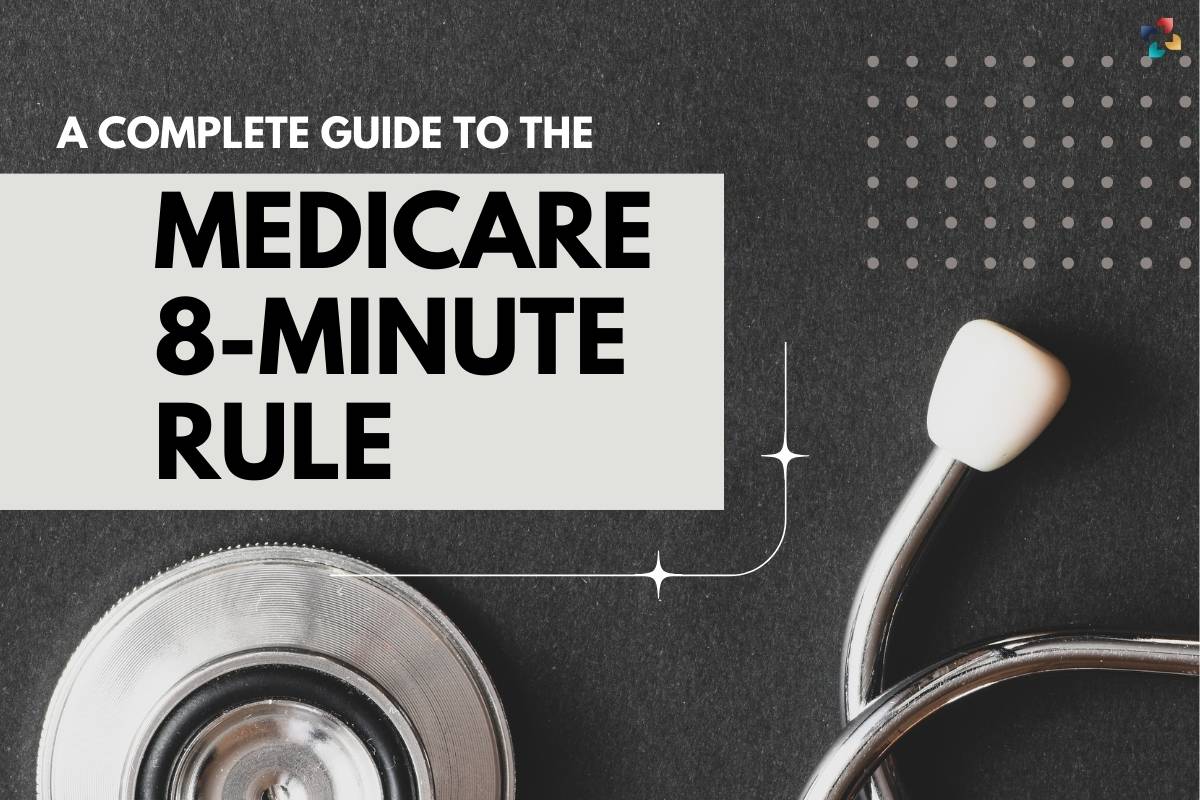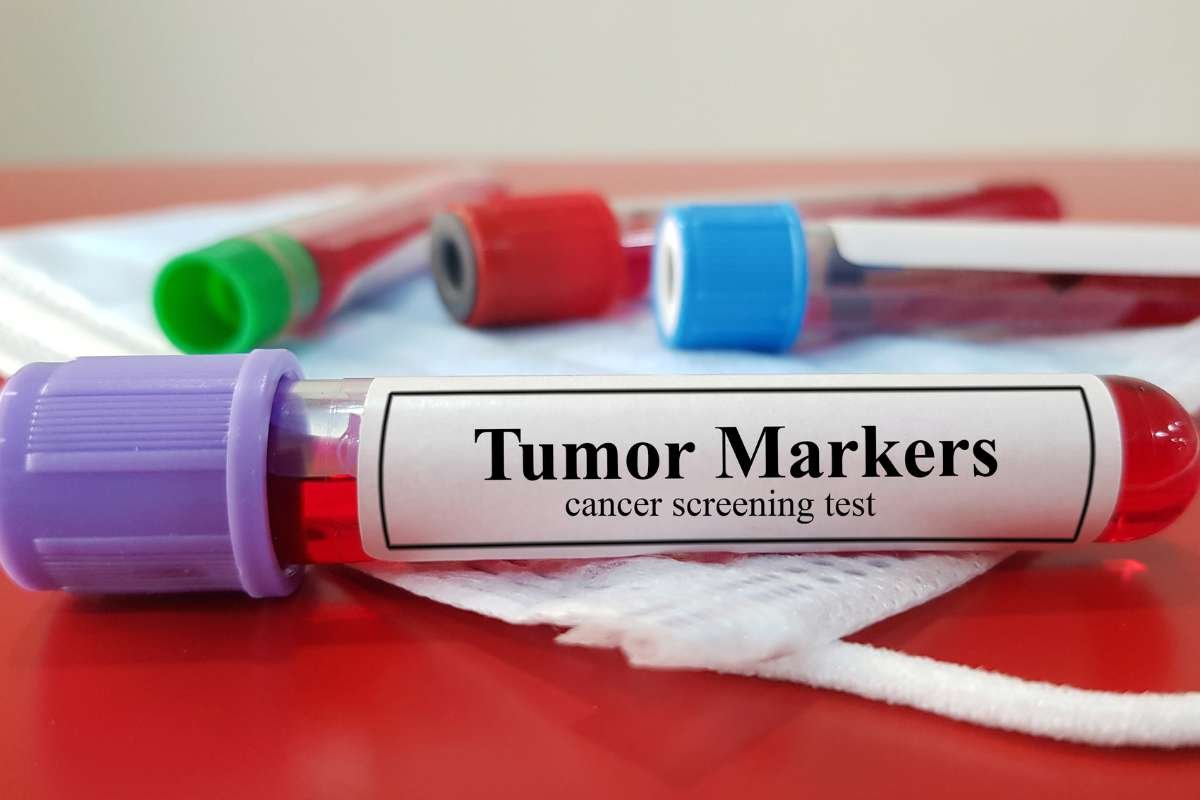Healthcare providers must be aware of the nuances of rules and regulations in the complicated world of healthcare reimbursement to maximize revenue and guarantee correct billing. The Medicare 8-Minute Rule, a structure that controls the billing of timed therapeutic sessions, is one such crucial component. This in-depth manual seeks to clarify the subtleties of the Medicare 8-Minute Rule, as well as its implementation, consequences for healthcare professionals, and compliance tactics.
Understanding the Medicare 8-Minute Rule
Navigating the intricacies of healthcare reimbursement is crucial for providers, and at the heart of this complex landscape lies the Medicare 8-Minute Rule. This pivotal framework, established by the Centers for Medicare and Medicaid Services (CMS), governs how healthcare providers bill for timed therapeutic services in outpatient rehabilitation. In this exploration, we delve into the fundamental components and applications of the Medicare 8-Minute Rule, unraveling its significance for accurate billing, compliance, and the optimization of revenue in the ever-evolving healthcare landscape.
1. Defining the Medicare 8-Minute Rule

The Medicare 8-Minute Rule is a set of guidelines established by the Centers for Medicare and Medicaid Services (CMS) to determine how healthcare providers should bill for timed therapeutic services. It specifically applies to outpatient rehabilitation services, including physical therapy, occupational therapy, and speech-language pathology.
2. Key Components of the Rule
At its core, the Medicare 8-Minute Rule mandates that to bill for one unit of a timed therapeutic service, a minimum of eight minutes of direct, one-on-one patient contact must be documented. Additionally, the rule stipulates that the total treatment time must align with the specific Current Procedural Terminology (CPT) code assigned to the service.
Applying the Medicare 8-Minute Rule
As healthcare providers strive for precision in billing and reimbursement, the application of the Medicare 8-Minute Rule emerges as a pivotal aspect of this financial landscape. This rule, formulated by the Centers for Medicare and Medicaid Services (CMS), delineates the guidelines for billing timed therapeutic services, particularly in outpatient rehabilitation. In this segment, we unravel the practical implications of the rule, emphasizing the critical role of accurate documentation, meticulous CPT code selection, and the strategic alignment of therapeutic services to optimize reimbursement and ensure compliance with Medicare guidelines.
3. Documentation Requirements
Accurate documentation is paramount when applying the Medicare 8-Minute Rule. Healthcare providers must meticulously record the start and end times of each timed therapeutic service, ensuring transparency in the billed duration. Detailed documentation serves as a crucial foundation for justifying claims and demonstrating compliance with Medicare guidelines.
4. Selection of Appropriate CPT Codes
Choosing the correct CPT code is integral to the proper application of the Medicare 8-Minute Rule. Different codes correspond to distinct therapeutic services, and providers must align their billing with the specific code that accurately represents the delivered intervention. This precision ensures that reimbursement reflects the nature and intensity of the provided services.
Implications for Healthcare Providers
5. Reimbursement Accuracy and Revenue Optimization

Adhering to the Medicare 8-Minute Rule is not just a regulatory requirement but also a strategic approach for healthcare providers to optimize reimbursement. Accurate documentation and adherence to the rule’s principles contribute to a transparent billing process, reducing the likelihood of claim denials and facilitating prompt reimbursement.
6. Compliance Challenges and Pitfalls
While the Medicare 8-Minute Rule offers a structured framework for billing, healthcare providers may encounter challenges in maintaining compliance. Common pitfalls include inadequate documentation, errors in CPT code selection, and difficulties in accurately capturing the start and end times of therapeutic services. Understanding these challenges is essential for implementing effective compliance measures.
Strategies for Compliance
7. Staff Training and Education
To navigate the complexities of the Medicare 8-Minute Rule, healthcare providers must invest in comprehensive staff training and education. Ensuring that clinicians, billing staff, and administrative personnel are well-versed in the nuances of the rule fosters a culture of compliance within the healthcare facility.
8. Utilization of Technology and Documentation Tools
Incorporating technology solutions and documentation tools can streamline adherence to the Medicare 8-Minute Rule. Electronic health record (EHR) systems equipped with time-tracking features facilitate accurate recording of direct patient contact, minimizing the risk of documentation errors and supporting efficient billing practices.
The Future Landscape and Potential Changes
9. Evolution of Medicare Guidelines

The healthcare landscape is dynamic, and Medicare guidelines, including the 8-Minute Rule, may undergo revisions. Healthcare providers must stay vigilant about updates and potential changes to ensure continued compliance. Proactive engagement with industry updates and ongoing education is key to adapting to evolving reimbursement requirements.
10. Advocacy for Provider Interests
As healthcare policies evolve, providers may find opportunities to advocate for changes that align with their interests. Engaging with industry associations, participating in policy discussions, and providing input on regulatory matters can contribute to shaping a reimbursement environment that is fair, transparent, and supportive of high-quality patient care.
Conclusion
Healthcare practitioners are required to bill for timed therapeutic interventions following the Medicare 8-Minute Rule, which provides a crucial foundation for outpatient rehabilitation services. Complying with the rule necessitates a thorough comprehension of its elements, careful documentation procedures, and proactive approaches to compliance. In addition to ensuring regulatory compliance, healthcare providers who successfully negotiate the Medicare 8-Minute Rule set themselves up for maximum reimbursement and long-term financial stability. To address the opportunities and difficulties posed by Medicare reimbursement criteria, providers need to be adaptable as the healthcare landscape continues to change. They should be educated about changes and proactively adopt best practices.
Also Read: 10 Food Rules in Ayurveda You Must Know











